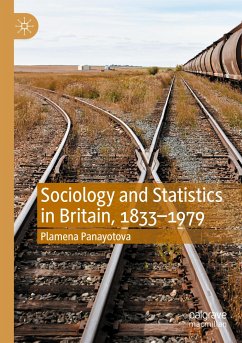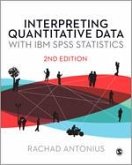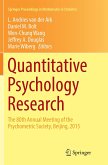At the beginning of the twentieth century, Britain stood at the forefront of science and statistics and had a long and respected tradition of social investigation and reform. But it still did not yet have a 'science of society.' When, in the early 1900s, a small band of enthusiasts got together to address this situation, the scene was set for a grand synthesis. No such synthesis ever took place and, instead, British sociology has followed a resolutely non-statistical path. Sociology and Statistics in Britain, 1833-1979 investigates how this curious situation came about and attempts to explain it from an historical perspective. It uncovers the prevalence of a deep and instinctive distrust within British sociology of the statistical methodology and mindset, resulting in a mix of quiet indifference and active hostility, which has persisted from its beginnings right up to the present day. While British sociology has thrived institutionally since the post-war expansion of higher education, this book asks whether or not it is poorer for having failed to recognise that statistics provides the foundations for the scientific study of society and for having missed opportunities to build upon those foundations. Ultimately, this important, revealing and timely book is about British sociology's refusal to come to grips with a modern scientific way of thinking which no discipline that aspires to an effective study of society can afford to ignore.








